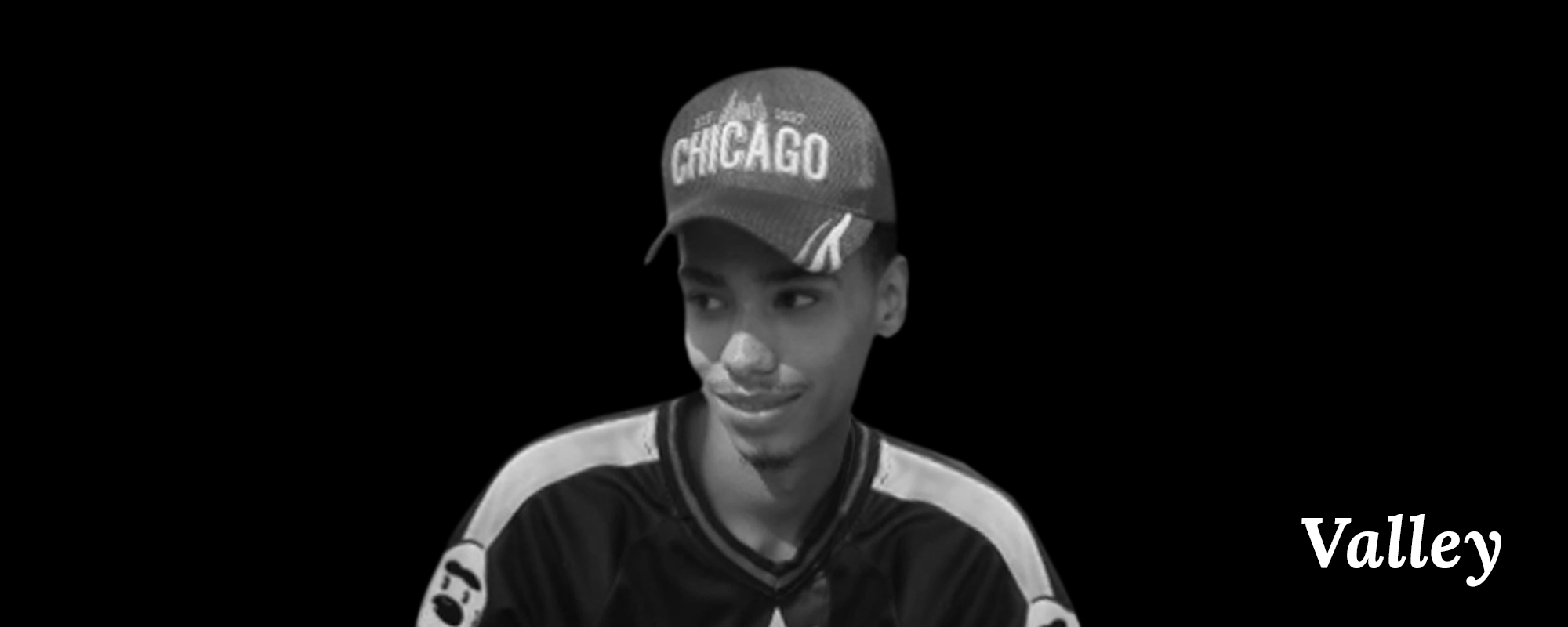Easter isn’t the absence of valleys in life, it’s the presence of hope despite the “shadow of death” in the valley. We get this reminder over and over again in the Bible because weariness and despair hunt us in the valleys of life. And because soul-strengthening faith is made in the valleys of life, not the mountain tops. Indeed, God does God’s best work in the valleys. By definition, “Valleys are depressed areas of land–scoured and washed out by the conspiring forces of gravity, water, and ice.” America feels like a valley with depressed areas and conspiring forces, especially if you’re Black, Brown and poor. In my 57 years, I’ve lost count of the unarmed men and women killed by the police. I confess I am too afraid to look back and begin to count. That valley would be too deep and piled too high with Black bodies. And, I don’t know where in my heart I store the excuses given in exchange for their lives:
“He looked at a white woman.”
“He was selling loose cigarettes.”
“I thought his phone was a gun.”
“I thought my gun was my taser.”
I’m not sure what’s worse, the lame excuses given, or the general lack of outrage. It’s no exaggeration to say that the “shadow of death” is a constant companion for some of the American family more than it is for other parts of the family. Black and Brown people are reminded by the barbarism that so often passes for policing, that despite our valor in every war since the Revolutionary war, our virtue in the face of violence and vitriol, and our value add to the culture at large since 1619, we are regarded as less than human and less than full Americans. Ask yourself, if Daunte Wright had been blond-haired, blue-eyed and unarmed, how likely would it have been for him to be shot to death during a routine traffic stop? The thing about God is you have to deal with the valleys before you get to the mountain tops.
For People with Bishop Rob Wright
The podcast expands on Bishop’s For Faith devotional, drawing inspiration from the life of Jesus to answer 21st-century questions.


